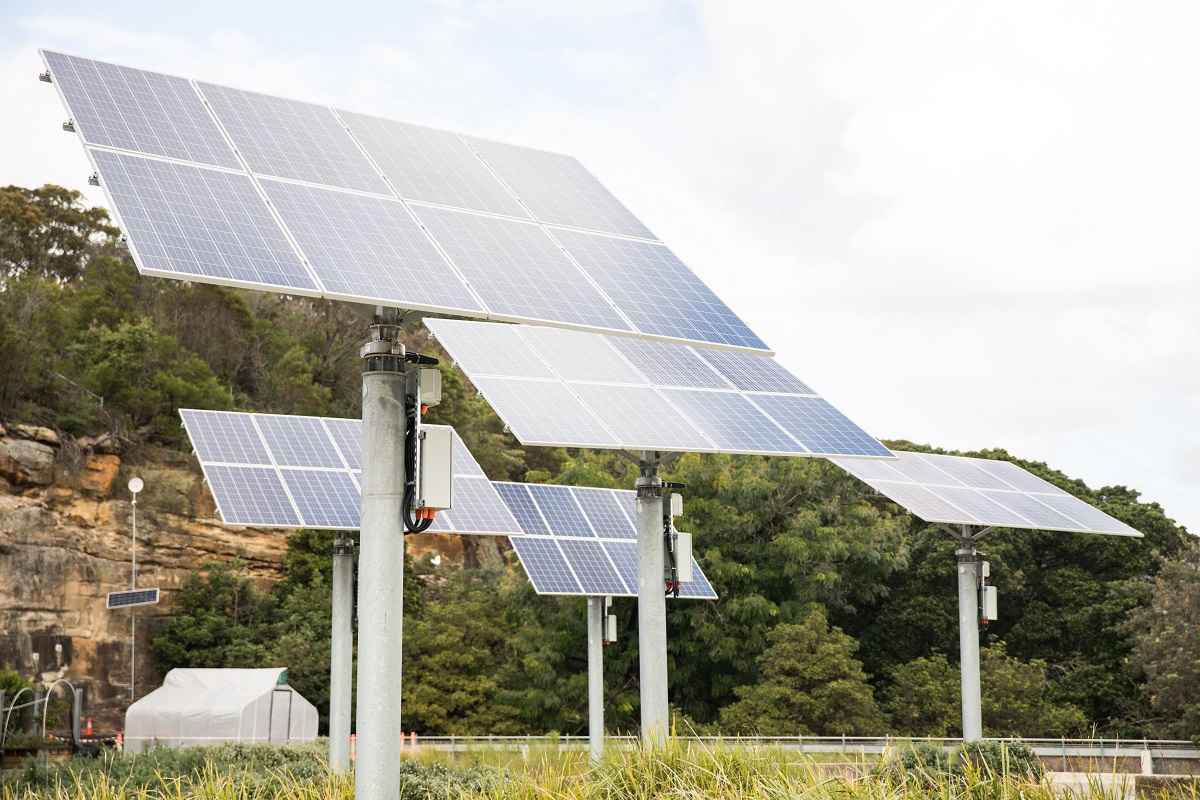What Are Renewable Energy Technologies?
Renewable energy technologies refer to systems and processes that generate energy from sustainable sources that are naturally replenished. These technologies are designed to reduce reliance on fossil fuels and minimize environmental impact. Common renewable energy sources include solar energy, wind energy, hydroelectric power, biomass, and geothermal energy. Renewable energy technologies encompass a range of systems, from solar panels and wind turbines to geothermal heat pumps and bioenergy systems.
Renewable energy technologies offer a sustainable alternative to traditional energy sources, providing cleaner and more environmentally friendly energy solutions. They play a critical role in reducing greenhouse gas emissions, combatting climate change, and promoting energy independence. These technologies are continuously evolving, with advancements in efficiency, scalability, and cost-effectiveness.
An essential aspect of renewable energy technologies is energy conversion. Technologies like solar panels convert sunlight into electricity through photovoltaic cells, while wind turbines harness wind energy to generate power. Renewable energy systems are designed to maximize energy output while minimizing environmental impact.
Renewable energy technologies also involve energy storage and grid integration. Energy storage systems, such as batteries, store energy for later use, ensuring a stable energy supply. Grid integration focuses on connecting renewable energy systems to the electrical grid, allowing for efficient distribution of renewable energy.
Overall, renewable energy technologies are a key component of a sustainable energy future. They require a combination of engineering expertise, environmental awareness, and innovation to develop efficient and effective renewable energy solutions.
Why Learn About Renewable Energy Technologies Nowadays?
Learning about renewable energy technologies is more relevant than ever in today’s context of climate change and the transition to sustainable energy. As governments and organizations focus on reducing carbon emissions and promoting sustainability, the role of renewable energy technologies has become increasingly important. Here are a few reasons why learning about renewable energy technologies is valuable:
First, renewable energy technologies are crucial for environmental sustainability. These technologies offer a cleaner alternative to fossil fuels, reducing greenhouse gas emissions and minimizing environmental impact. By learning about renewable energy technologies, you gain the skills to contribute to a more sustainable energy future.
Second, renewable energy technologies play a key role in energy independence. Renewable energy sources, such as solar and wind, are abundant and not subject to the fluctuations of fossil fuel markets. This energy independence is crucial for reducing reliance on imported energy and promoting energy security.
Third, learning about renewable energy technologies offers a wide range of career opportunities. Professionals with skills in renewable energy technologies can work in various industries, including solar energy, wind energy, hydroelectric power, and biomass energy. The ability to design and manage renewable energy systems is highly valued, providing career growth and development opportunities.
Overall, learning about renewable energy technologies provides a unique opportunity to develop skills that are in high demand across various industries. It combines engineering expertise with environmental awareness, offering a rewarding career path for those interested in promoting sustainability and renewable energy solutions.
Work in Renewable Energy Technologies
Working in renewable energy technologies involves a variety of tasks, from designing renewable energy systems to managing renewable energy projects and conducting research on energy efficiency. Renewable energy engineers and technicians collaborate with various stakeholders, including energy companies, regulatory agencies, and research institutions, to ensure the successful implementation of renewable energy projects.
A typical day for a renewable energy professional might include conducting energy assessments, designing renewable energy systems, and coordinating with project teams. Renewable energy engineers use tools like computer-aided design (CAD) software, energy modeling programs, and data analysis tools to design efficient and effective renewable energy systems.
Renewable energy professionals often specialize in specific areas, such as solar energy, wind energy, or geothermal energy. Each specialization requires unique skills and knowledge. For example, solar energy engineers focus on designing and installing solar panels, while wind energy specialists work on wind turbine design and installation.
Career progression in renewable energy technologies can lead to roles like senior renewable energy engineer, project manager, or director of renewable energy projects. With experience, renewable energy professionals may move into leadership positions, overseeing renewable energy departments and driving renewable energy strategies. Some renewable energy professionals also choose to work in consulting, providing renewable energy expertise to various organizations.
Overall, working in renewable energy technologies offers a dynamic career with opportunities for growth and specialization. It combines engineering expertise with environmental sustainability, providing a fulfilling field for those who enjoy promoting renewable energy and contributing to a sustainable future.
Why Are Renewable Energy Technologies Crucial for Innovation?
Renewable energy technologies are crucial for innovation because they provide the foundation for a sustainable energy future. Renewable energy technologies drive innovation by offering alternatives to fossil fuels and promoting energy efficiency. Here are some reasons why renewable energy technologies are key to innovation:
First, renewable energy technologies foster sustainable energy innovation. By harnessing renewable energy sources, these technologies promote sustainability and reduce the carbon footprint. This focus on sustainability drives innovation by encouraging the development of cleaner and more efficient energy solutions.
Second, renewable energy technologies are essential for energy diversification. As organizations seek to reduce reliance on fossil fuels, renewable energy technologies offer a diverse range of energy sources. This diversification promotes energy security and reduces the risks associated with energy supply disruptions.
Third, renewable energy technologies support energy efficiency and resource optimization. Renewable energy systems are designed to maximize energy output while minimizing waste. This focus on energy efficiency drives innovation by encouraging the development of more effective and efficient energy solutions.
Additionally, renewable energy technologies contribute to climate change mitigation. By reducing greenhouse gas emissions, renewable energy technologies play a key role in combatting climate change. This environmental focus fosters innovation by promoting sustainable energy practices and supporting global efforts to reduce carbon emissions.


